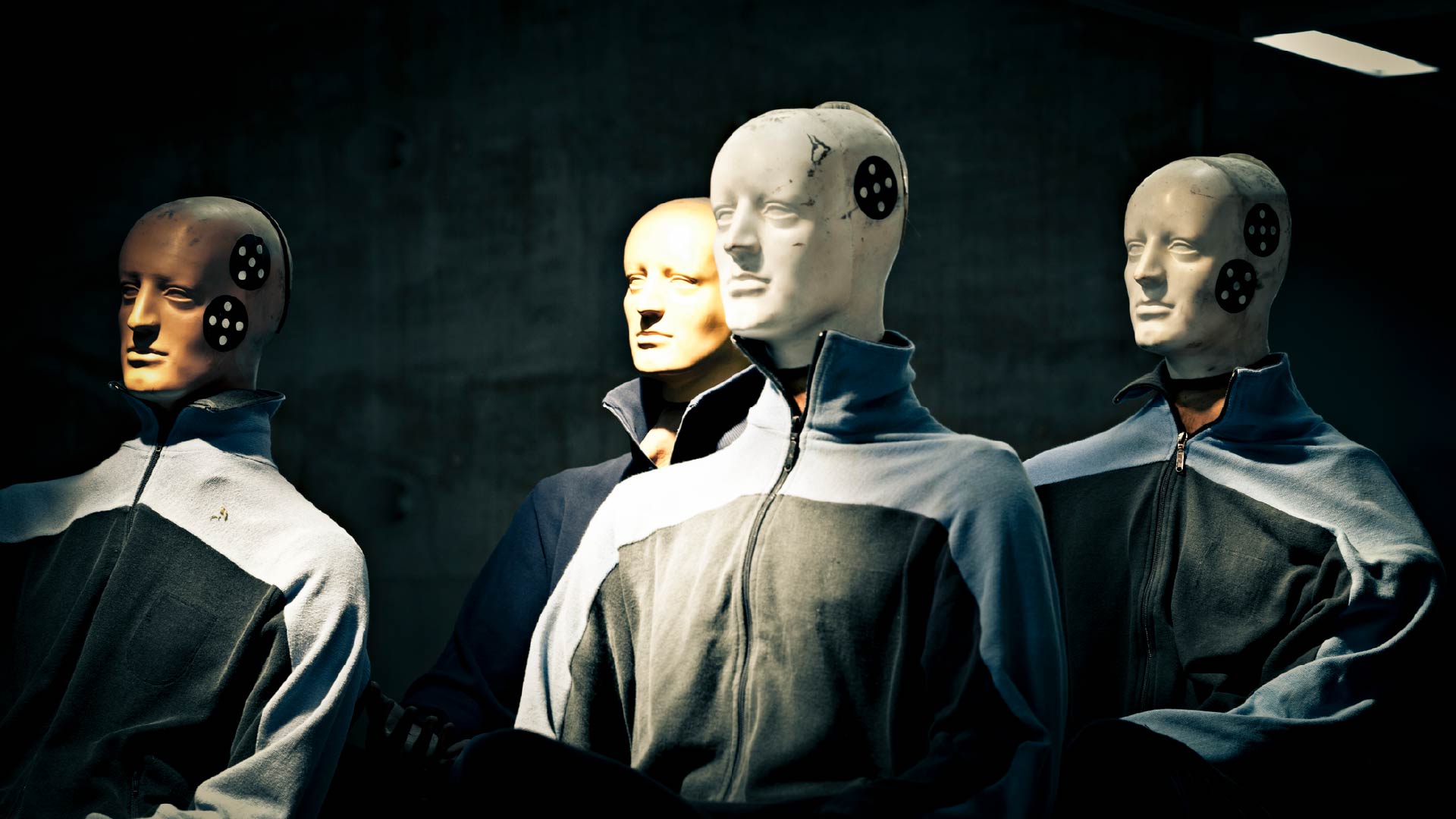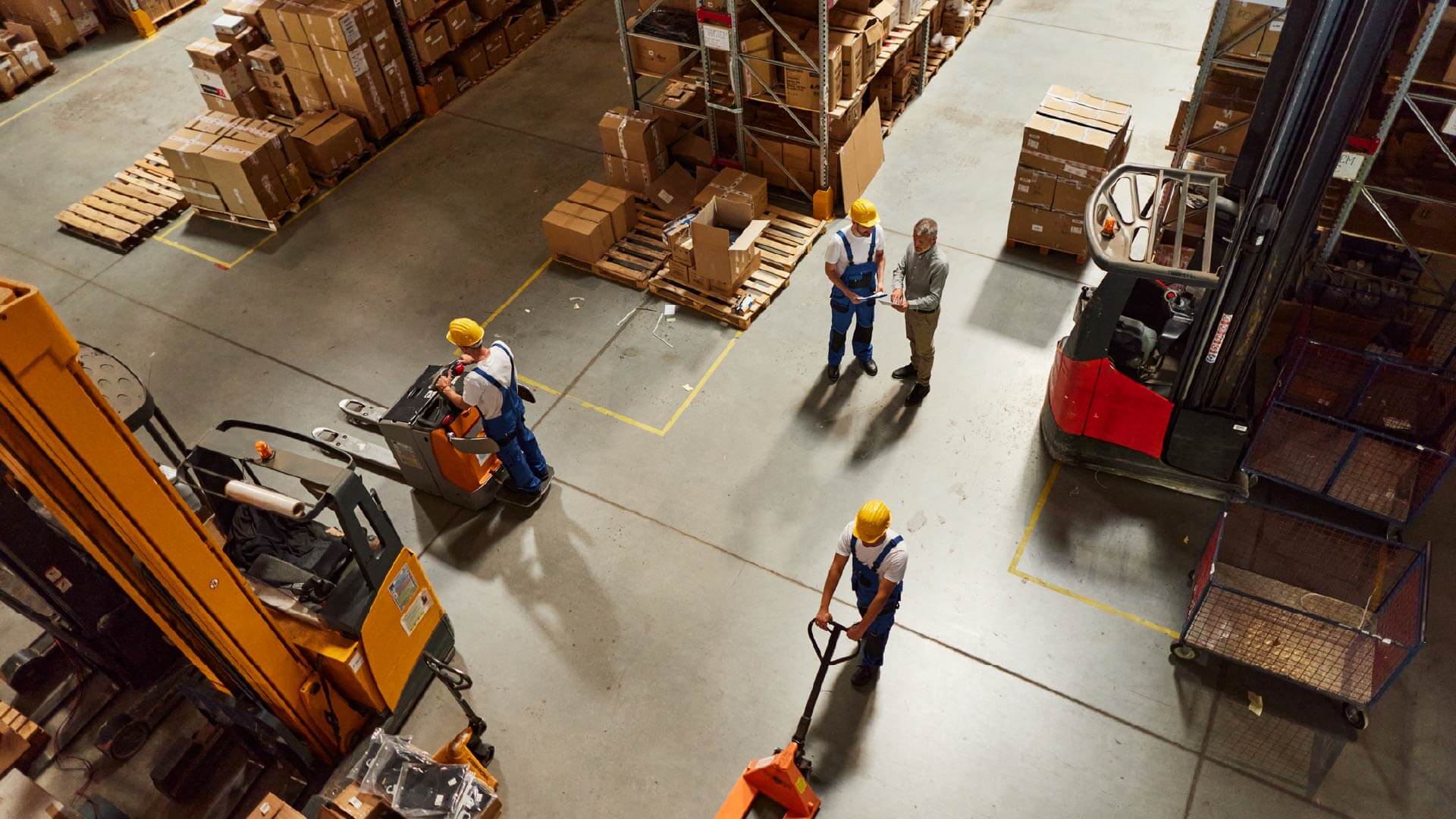Assistance Required: Smart Innovators Among Health And Safety Consultancy Providers
EHS functions are increasingly seeking the support and guidance of health and safety consulting firms to help improve performance and streamline processes. Consultancies offer extensive subject-matter and business strategy expertise, which can help identify issues that exist within organizations’ current health and safety systems and provide areas for improvement. According to the 2023 Verdantix global corporate survey for EHS services, 89% of decision-makers consider the support of consulting services to be either important or very important.
As the EHS market continues to grow, firms are taking more responsibility for workplace health and safety. However, historical attitudes towards health and safety have led to under-funded EHS functions, which lack the resources required to roll out meaningful projects. To combat this, EHS functions can leverage health and safety consultants, which provide support in multiple ways: from transforming EHS strategy and safety culture to rolling out technical programmes for occupational health, industrial hygiene and process safety. Verdantix survey results reveal that 61% of respondents consider third-party services to be very important in supporting EHS functions with occupational health and industrial hygiene.
To unpack the consulting offerings available on the market, the Verdantix Smart Innovators: Health And Safety Consulting Providers report provides a benchmark of nine vendors across six core capability areas: EHS strategy; behaviour-based safety; audits and inspections; occupational health/industrial hygiene; process safety; and safety training. The benchmark highlights the following areas of innovation:
- Tools to assess attitudes to safety culture.
A workforce’s attitudes towards safety can often explain poor engagement with EHS data. Workers often view safety tasks as a hindrance and do not understand their importance. As a result, they fail to engage with safety tools and data, which leads to risks that are not acknowledged by senior leaders. Health and safety consultants are leveraging diagnostic tools to assess workplace attitudes towards safety and how they align with best practices.
- Digital training courses to increase engagement.
To create a more interactive experience, health and safety consultancies have introduced digital training courses led by their subject-matter experts, in conjunction with in-person seminars and workshops. Providers such as dss+ have introduced gamification, helping to increase enjoyment and encourage more workers to engage with these tools.
- Virtual reality (VR) technologies to conduct processes in harsh conditions.
Firms that are categorized as being in very high or high risk EHS industries are often subject to hazardous conditions and complex requirements. Conducting common tasks, such as audits and inspections, can place workers in dangerous situations. To combat this, health and safety consultancies have leveraged technological devices to complete these processes. For example, Antea Group uses smart glasses to conduct audits remotely, providing video evidence that can be used for further analysis.
The nine vendors Verdantix benchmarked are: Antea Group, Arcadis, DEKRA, dss+, ERM, J.J. Keller & Associates, Langan, SGS and TRC Companies. To learn more about the innovations these providers offer, see Verdantix Smart Innovators: Health and Safety Consulting Providers.
About The Author

Zain Idris
Industry Analyst





_og-main-image.jpg?Status=Master&sfvrsn=62f4eb33_1)